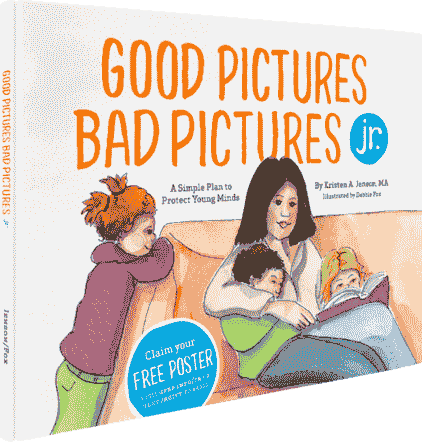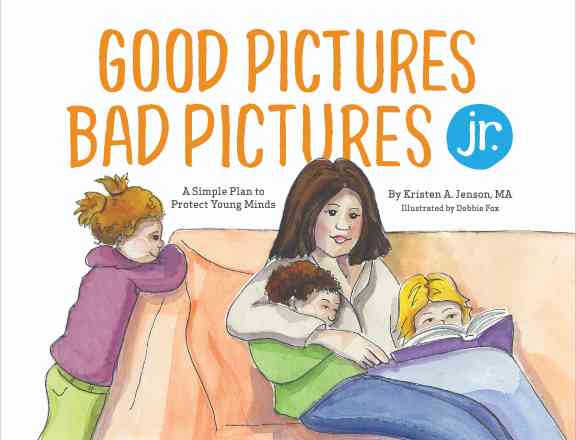

Brain Health: A New Way to Protect Kids
by Kristen A. Jenson, MA

We’re celebrating Thanksgiving this week and I’m especially thankful for my (mostly functional) brain!
To be honest, it took a traumatic event to help me appreciate how important it is to protect our brains and be concerned about brain health. I hope you don't mind me sharing a personal story.
Years ago our 18-month-old, adorable son was hurt in an accident that left him with severe brain damage. For days afterwards, he couldn’t even breathe on his own. The doctors gave my husband and I little hope that our son would ever "interact with his environment." I think the term “persistent vegetative state” was spoken more than once.
But slowly his brain began to recover.
Little by little.
But not completely.

He never re-learned how to eat, so we had to feed him via a tube directly to his stomach.
He never re-learned to walk, so we had to transport him using a wheelchair.
He did learn to recognize music. And to move, a little. And to smile.
(Before his accident, my son was the happiest little boy! I will never forget the day, over a year after his accident, when he began to smile again. What a gift!)
He even learned to vocalize with some rather loud noises when he wanted something (feed me!) or when it got too quiet (umm, like in church).
Before his accident, I never realized what terrible things can happen when a brain is damaged. Unfortunately, many things can cause brain damage and decrease brain health. In fact, new research shows a correlation between pornography use and physical damage (shrinkage) of the brain.
Since I have personally witnessed the tragic results of brain damage, I am passionate about teaching kids how to protect their brains. Today, learning to reject pornography is critical to fostering brain health.
[[CTA]]
Brain Health: A Matter of Good Seeds and Bad Seeds
On Thanksgiving Day we celebrate our gratitude for a bounteous harvest, so here's a way to use gardening and planting seeds to teach kids to protect their brains from pornography.
Teach your kids that their brain is like a garden
Kids can plant "seeds" in their brain. For example, all the good things they learn to do are seeds that can grow and mature in their brains.

- They can plant the seed of reading and develop a love of learning and imagination, and a greater understanding of how different people all over the world live and think.
- They can plant the seed of music and grow that seed into a beautiful garden of songs and melodies and percussion that will comfort, inspire and energize them throughout their lives.
- They can sow the seeds of service and experience the good feelings they get from helping others.
These are just a few of the good seeds they can plant to increase their brain health.
But our minds can become contaminated with bad seeds if we aren’t careful. The seeds of noxious weeds often blow into our gardens, and bad pictures can do the same thing. These bad weeds can begin to take over our garden just like pornography can begin to take over our brains.

However, everyone has the choice of which seeds to water and pay attention to. Each of us can choose to ignore and not water those bad seeds so eventually they’ll shrivel and fade. (For more help on teaching kids how to weed out pornography from their brains, read this post.)
As kids learn to appreciate and improve their brain health, they’ll learn the skills to keep out the potentially addicting weeds of bad pictures and videos so they can nurture the good seeds they have planted.
How are you teaching your kids to appreciate and protect their amazing brains? How can your kids increase their brain health.


Good Pictures Bad Pictures Jr.
“I highly recommend this book to all people with children. A must have for all parents!” —Amazon Review








